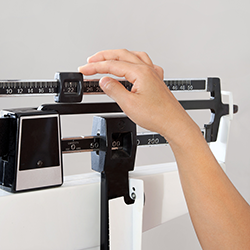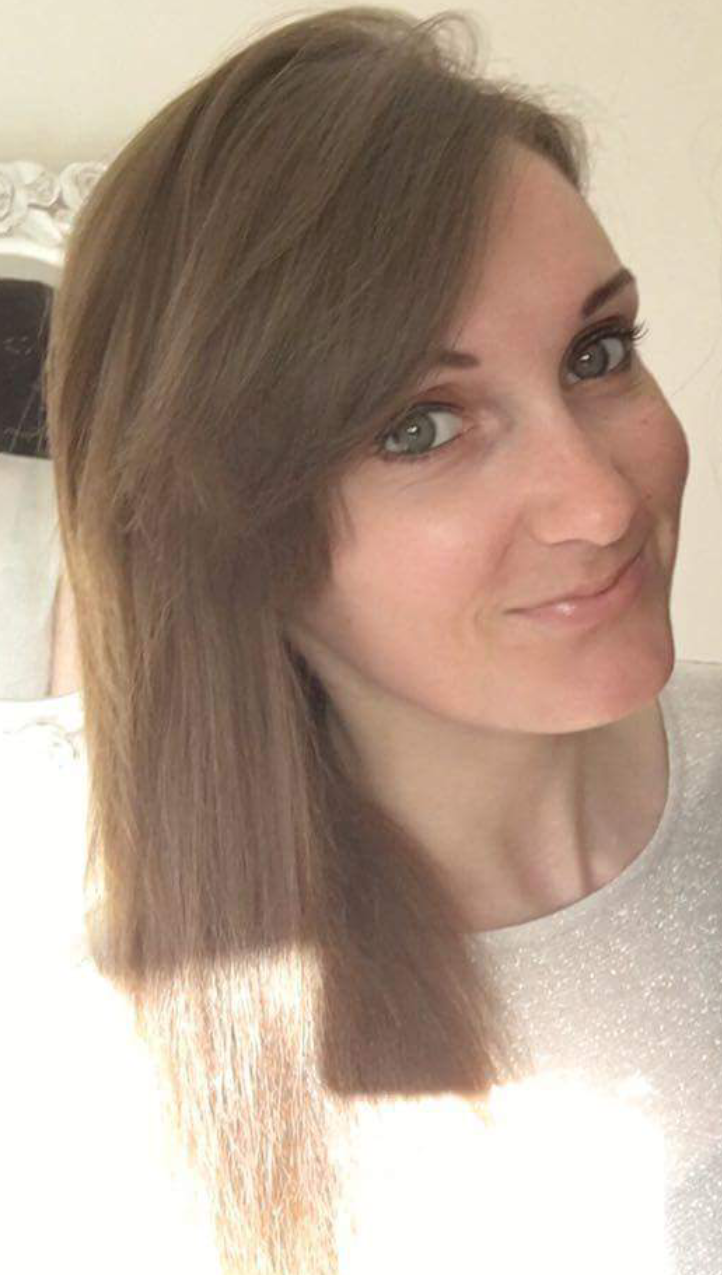- Calls to this hotline are currently being directed to Within Health, Fay or Eating Disorder Solutions
- Representatives are standing by 24/7 to help answer your questions
- All calls are confidential and HIPAA compliant
- There is no obligation or cost to call
- Eating Disorder Hope does not receive any commissions or fees dependent upon which provider you select
- Additional treatment providers are located on our directory or samhsa.gov
Can Dieting and Weighing Ourselves too Much be Dangerous?

We have all read magazines about certain celebrities or even models, who are going on the next ‘Craze diet.’ Do you ever wonder why they are dieting in the first place? Are they merely just not happy with their bodies? Is it that they have been told to, or is it the pressure from the media?
If they lose weight because they are not happy with their body being overweight, that’s fine. But, when does it become too much? When is it enough? There are numerous liquid diets out there which involve replacing solid foods with liquid meal replacements, juices or smoothies. When no food is allowed on the diet; this surely can’t be good for you mentally and physically.
Are Dieting and Weighing Ourselves Really Healthy?
With most diets, are you really getting the right nutrients that you need daily? Our bodies are designed to eat, chew and digest food. Diets that are overly restrictive can be dangerous, can lead to deep-rooted eating issues, and even unintentionally, put pressure on others to look like the images in magazines.
Society and the media have made us think that we should aim to look ‘skinny’ or ‘slim’ because it is considered beautiful. The societal message is that ‘fat’ and ‘curvy’ are ugly and wrong.

We have become a society fixated on diets, our clothing size, and our weight. This isn’t right; this isn’t how it should be. Who has the right to say what weight or size we should be? All sizes are beautiful! If we are happy and healthy shouldn’t that be enough?
The NHS (National Health Service in England) produced a ‘BMI healthy weight calculator,’ which shows what you should weigh, due to your height. The problem with this is, people feel they need to live by it.
You can then find that you are weighing yourself frequently to see if you are the ‘correct’ weight. However, the scale doesn’t tell the real story. The scale does not take into account the body mass percentage of muscle, bone, tissue, fat, etc.
For example, you may be categorized as ‘Overweight’ due to a larger mass of muscle, which weighs more. The scale is just not an accurate measurement of our health.
We Should Love Ourselves and Our Unique Bodies
Remember, it’s important to be happy in your own body. If you are healthy and happy, shouldn’t that be what’s important?
No one has the right to tell you what size you should be, and no one should tell you what food you can and can’t eat. It is your body, so it is your decision and responsibility to take the best care of it you can.
 About the Author: Kathryn Moyes is a guest contributor who wanted to share her life experience with the Eating Disorder Hope online community. She has suffered from obsessive-compulsive disorder since she was little. She then developed anorexia nervosa in her early 20’s had been battling with anorexia for 4 and a half years. During her recovery, she started to study and practice yoga, which has helped her through the recovery process. She still continues to practice. Kathryn developed a website that has been up and running for almost 5 months, www.mymentalhealthandme.com. This is where she discusses everything she has gone through, hoping that one day it could help someone else in the same situation.
About the Author: Kathryn Moyes is a guest contributor who wanted to share her life experience with the Eating Disorder Hope online community. She has suffered from obsessive-compulsive disorder since she was little. She then developed anorexia nervosa in her early 20’s had been battling with anorexia for 4 and a half years. During her recovery, she started to study and practice yoga, which has helped her through the recovery process. She still continues to practice. Kathryn developed a website that has been up and running for almost 5 months, www.mymentalhealthandme.com. This is where she discusses everything she has gone through, hoping that one day it could help someone else in the same situation.
Kathryn lives in a Cottage, with her partner and works at a Veterinary Hospital. She also has a dog walking business and loves losing herself in a good book, going to the gym and socializing.
The opinions and views of our guest contributors are shared to provide a broad perspective of eating disorders. These are not necessarily the views of Eating Disorder Hope, but an effort to offer a discussion of various issues by different concerned individuals.
We at Eating Disorder Hope understand that eating disorders result from a combination of environmental and genetic factors. If you or a loved one are suffering from an eating disorder, please know that there is hope for you, and seek immediate professional help.
Published on May 21, 2017.
Reviewed on May 22, 2018 by Jacquelyn Ekern, MS, LPC
Published on EatingDisorderHope.com

The EatingDisorderHope.com editorial team comprises experienced writers, editors, and medical reviewers specializing in eating disorders, treatment, and mental and behavioral health.

